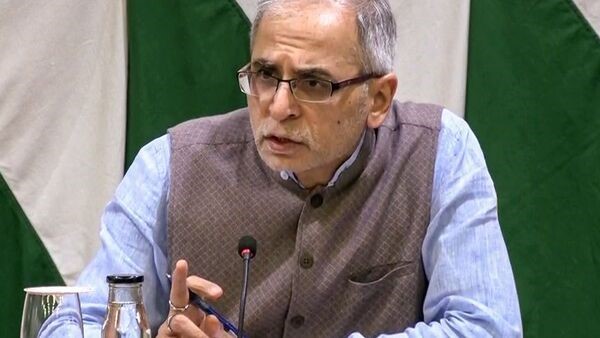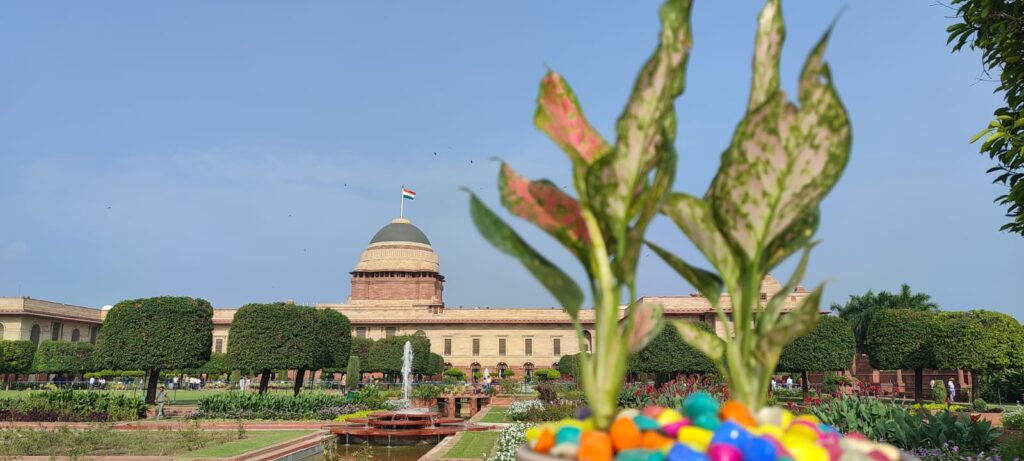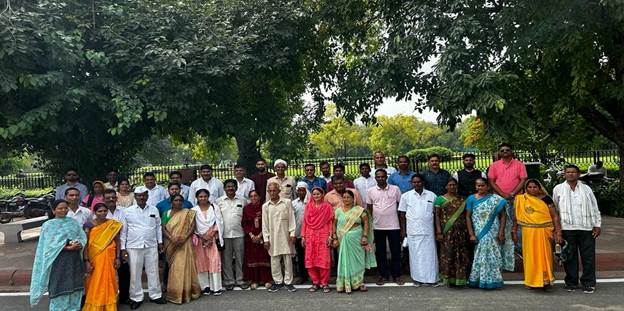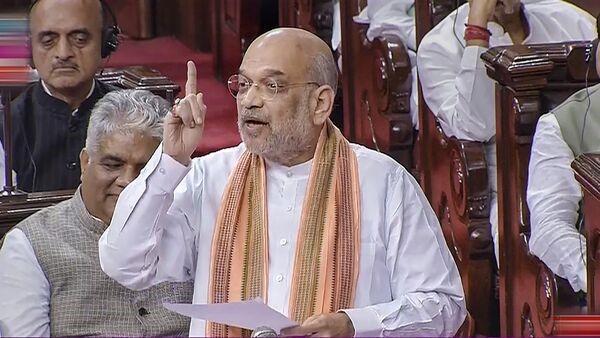New Delhi: Quelling the fervor surrounding the notion of BRICS nations adopting a shared currency, Foreign Secretary Vinay Mohan Kwatra has cast doubts on the feasibility of such a move. During an exclusive media briefing, Kwatra steered the discourse away from a united currency and emphasized BRICS’ emphasis on bolstering trade using individual national currencies.
Kwatra expounded, “The substantive facet of our trade and economic dialogues within BRICS has predominantly centered on amplifying trade conducted in our respective sovereign currencies. This approach diverges significantly from the intricacies associated with contemplating a shared currency.”
The notion of a common currency within BRICS has ignited fervent discussions, with influential figures like Brazilian President Lula da Silva and Russian Foreign Minister Sergey Lavrov rallying behind the concept. Some view this prospect as a potential contender to the dominance of the US dollar in global trade.
President Lula da Silva advocated for the idea during an address in April, stating, “I wholeheartedly support the creation of an intra-BRICS trade currency, akin to the euro crafted by the Europeans.”
Russian Foreign Minister Sergey Lavrov echoed this sentiment in January, asserting, “Responsible and self-respecting nations recognize the stakes involved and perceive the shortcomings of the current international monetary and financial architecture. They aspire to forge their own mechanisms that ensure sustainable growth, insulated from external dictates.” Lavrov went on to elaborate on the possibility of establishing a currency framework within the confines of BRICS.
However, India has exhibited a cautious stance on this matter in the public arena. External Affairs Minister S Jaishankar declared that the topic of a unified BRICS currency has not even grazed the surface of their discussions. Kwatra’s statements now seem to reaffirm the consortium’s commitment to intensifying trade interactions conducted through separate national currencies.
















